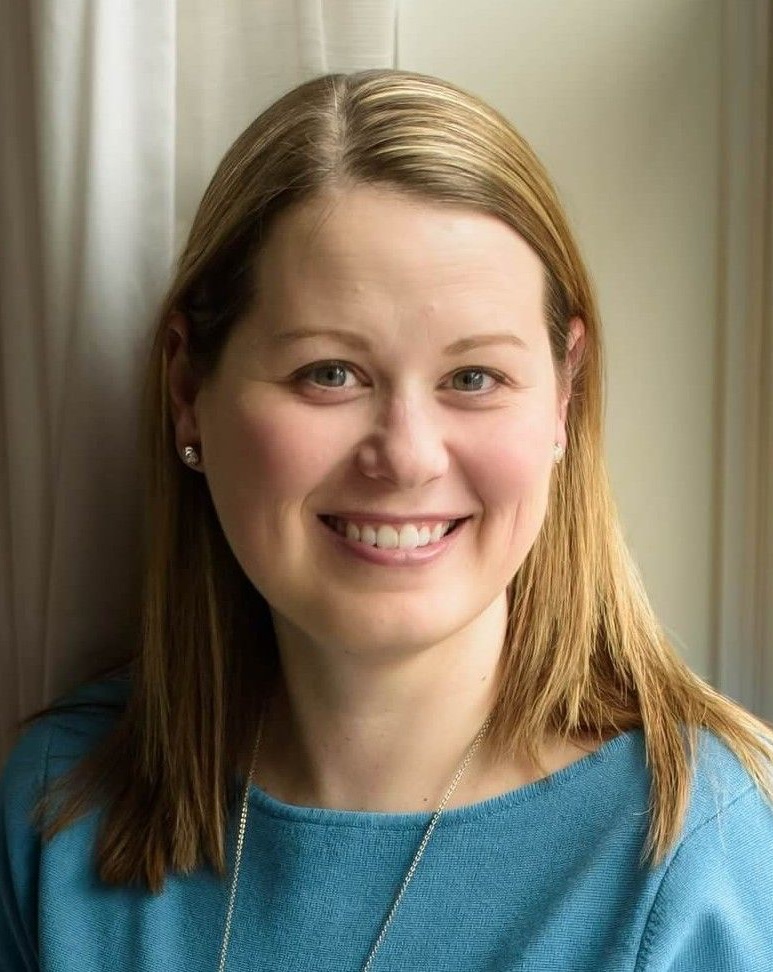Expert Recommendations
Perinatal Mental Health
Perinatal Mental Health
By Colleen Fields, PhD
Licensed Clinical Psychologist (VA, AZ), PSYPACT Provider
Dr. Colleen Fields is a clinical psychologist and the founder of a virtual private practice (https://www.colleenfieldsphd.com) serving adults and couples across PSYPACT states. She is certified in perinatal mental health through Postpartum Support International (PSI) and specializes in supporting parents through pregnancy, postpartum, and early parenthood. Her work focuses on helping individuals and families navigate anxiety, depression, OCD, relationship changes, and identity shifts that might accompany the perinatal period.
Resources for Providers and Parents
- Postpartum Support International (PSI) – Includes a Find a Provider directory, a helpline, access to various virtual support groups, and extensive educational materials.
- Interpersonal Psychotherapy (IPT) for Postpartum Depression: Clinician Manual – Evidence-based treatment guidance for providers.
- The Postpartum Stress Center (Karen Kleiman, founder) – Resources and training for clinicians and accessible materials for parents.
- The Edinburgh Postnatal Depression Scale (EPDS) – A validated screening tool available for free online. The gold standard for assessing for postpartum depression.
- The Pregnancy Workbook: Manage Anxiety and Worry with CBT and Mindfulness Techniques by Katayune Kaeni – Evidence-based tools for clients to manage perinatal anxiety.
- “Good Moms Have Scary Thoughts” by Karen Kleiman – A widely recommended, illustrated book normalizing intrusive thoughts and providing practical coping strategies.
Tips for Clinicians
- Build Your Competence
- If you’re interested in working with this population, consider advanced training (e.g., through PSI) and consultation.
- There are various subspecialties related to this area that offer distinct training opportunities: perinatal mood and anxiety disorders (PMADs), infertility and assisted reproductive technology support, trauma and loss, perinatal psychosis, and more.
- Screen Early and Often
- Use tools such as the EPDS, GAD-7, Mood Disorders Questionnaire (MDQ), and Patient Health Questionnaire (PHQ-9) during pregnancy and postpartum sessions.
- Normalize screening by framing it as a routine check-in on emotional health.
- Incorporate Partners and Support Systems
- Ask about partner involvement, sleep distribution, and social supports.
- Encourage communication around roles and expectations.
- Integrate Psychoeducation
- Teach parents about the “4th trimester” and the biological/psychological transitions.
- Teach parents about intrusive thinking, experienced by more than 4 out of 5 postpartum moms.
- Provide anticipatory guidance for sleep, identity shifts, and relationship changes.
- Use Collaborative Treatment Planning
- Discuss options ranging from psychotherapy to peer support groups to medication management.
- Coordinate with psychiatrists, OB/GYNs, midwives, and pediatricians when possible.
- Model Openness and Reduce Stigma
- Invite parents to reflect on how they would talk with a friend experiencing postpartum distress.
- Use strengths-based language that emphasizes resilience and recovery.

Colleen Fields, PhD
Licensed Clinical Psychologist (VA, AZ), PSYPACT Provider
More From Fall 2025
More From Fall 2025
President’s Column
By Regine Galanti, PhD
In Focus: Youth Suicide
By Julie Cerel, PhD
Expert Recommendations: Perinatal Mental Health
By Colleen Fields, PhD
APA 2025 in Denver: Giant Bear, Distinguished Career, & More
By Sarah Dickinson, PhD & Kelsie Okamura, PhD
The Student View: Updates From the SCCAP Programming Committee
By Katie Moskowitz, Will Morgan, & Annika Quam
Congratulations to Our Student Members on Graduation!
LEADing into the Future with SCCAP LEAD Institute
By Erlanger Turner, PhD & Marilyn Sampilo, PhD, MPH
SCCAP Election Results
SCCAP Seeks Nominations for Upcoming Board Positions
Positions Begin January 1, 2027
JCCAP’s 2025 Highlights
By Andres De Los Reyes, PhD
Update from SCCAP Representatives to APA Council
By Stephen Hupp, PhD & Mary Louise Cashel, PhD
SCCAP Fellows Committee Update
By Martha C. Tompson, PhD
Join Us in Shaping the Future of Membership!
By Nicole Lorenzo, PhD
New Procedures for Joining or Renewing SCCAP Membership!
AIRS SIG Update
By Elisabeth Frazier, PhD
Clinical Child and Adolescent Practice SIG Update
By Megan Lawson, PsyD, ABPP
Summer Treatment Program SIG Update
By Katie Hart, PhD & Sarah Tannenbaum, PsyD, ABPP
More From Fall 2025
More From Fall 2025
President’s Column
By Regine Galanti, PhD
In Focus: Youth Suicide
By Julie Cerel, PhD
Expert Recommendations: Perinatal Mental Health
By Colleen Fields, PhD
APA 2025 in Denver: Giant Bear, Distinguished Career, & More
By Sarah Dickinson, PhD & Kelsie Okamura, PhD
The Student View: Updates From the SCCAP Programming Committee
By Katie Moskowitz, Will Morgan, & Annika Quam
Congratulations to Our Student Members on Graduation!
LEADing into the Future with SCCAP LEAD Institute
By Erlanger Turner, PhD & Marilyn Sampilo, PhD, MPH
SCCAP Election Results
SCCAP Seeks Nominations for Upcoming Board Positions
Positions Begin January 1, 2027
JCCAP’s 2025 Highlights
By Andres De Los Reyes, PhD
Update from SCCAP Representatives to APA Council
By Stephen Hupp, PhD & Mary Louise Cashel, PhD
SCCAP Fellows Committee Update
By Martha C. Tompson, PhD
Join Us in Shaping the Future of Membership!
By Nicole Lorenzo, PhD
New Procedures for Joining or Renewing SCCAP Membership!
AIRS SIG Update
By Elisabeth Frazier, PhD
Clinical Child and Adolescent Practice SIG Update
By Megan Lawson, PsyD, ABPP
Summer Treatment Program SIG Update
By Katie Hart, PhD & Sarah Tannenbaum, PsyD, ABPP
